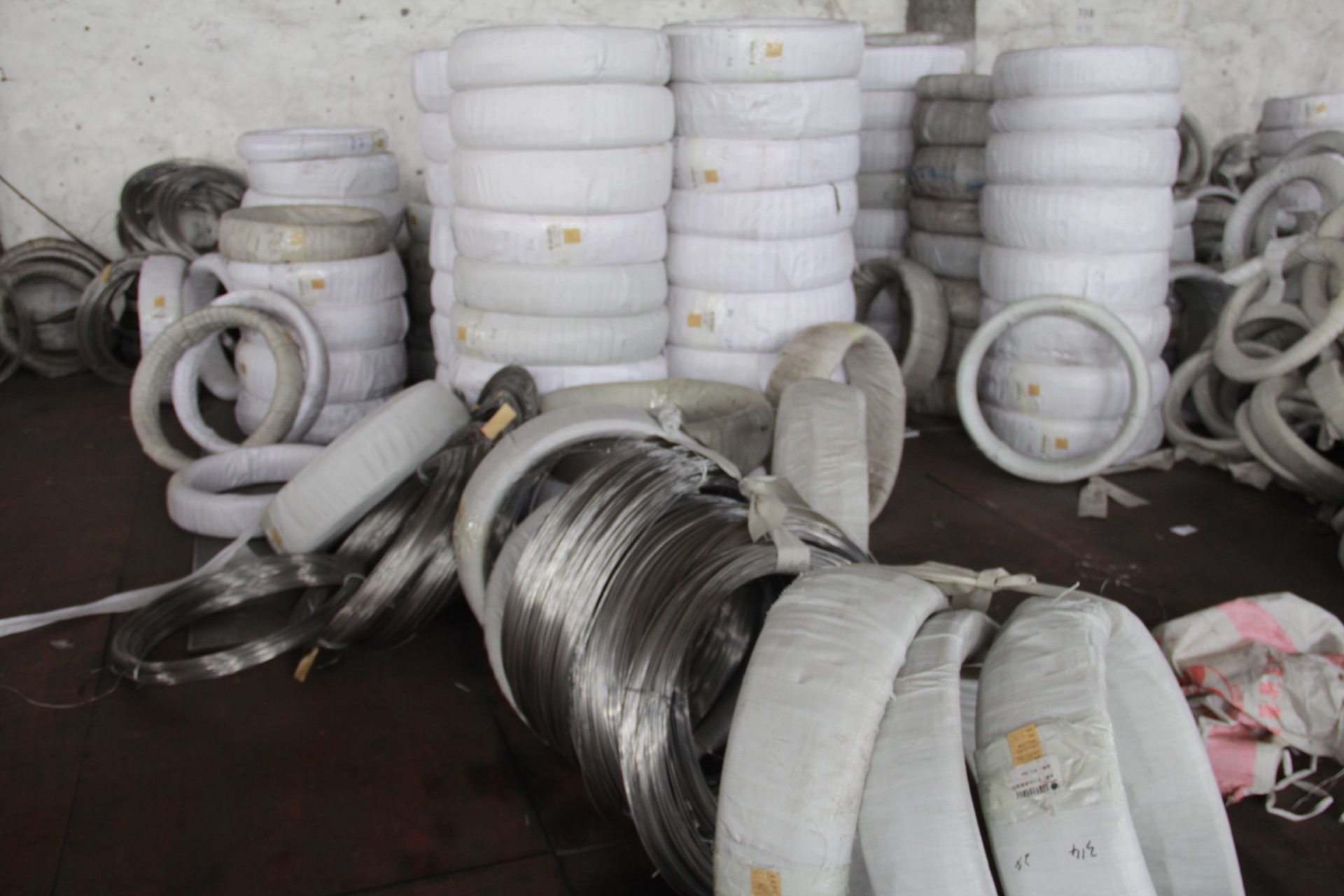According to the results of the national gas cylinder survey, there are currently 140 million gas cylinders of various types of hazardous chemicals, including civil liquefied petroleum gas cylinders, industrial gas cylinders and gas cylinders for vehicles, which are distributed in factories, homes, hospitals and experiments. Rooms, taxis and other public places. There are nearly 14,000 cylinder filling units in the country, more than 1,500 gas cylinder inspection stations, and nearly 1,000 bottled gas vehicle filling stations; related enterprises and businesses involved in the production, operation, storage and transportation of hazardous chemicals The unit is tens of thousands. In recent years, China’s dangerous gas cylinder accidents have remained high.
Some experts have analyzed the characteristics of gas cylinder accidents: the number of domestic hazardous gas cylinder accidents ranks third among the total number of eight major types of special equipment accidents in the country; from the types of gas cylinders in which accidents occur, most of the LPG cylinders; In the event of an accident, it mainly occurs in the filling, use, and sales and transportation of vehicles and the installation of gas cylinders for vehicles; from the perspective of enterprises in which accidents occur, it mainly occurs in individual private SMEs.
Huang Qianghua, secretary general of the National Gas Cylinder Standardization Technical Committee, said: "The reason why frequent accidents, in addition to weak corporate and personal security awareness, is mainly the lack of effective information management tools, and the dangerous gas cylinders have no full information. certificate'."
At present, Shanghai, Chongqing, Sichuan, Shandong and Ningxia have successively carried out safety regulation of gas cylinders based on electronic labels. The safety situation of gas cylinders has improved, but there is still a long way to go in promoting the nationwide.
According to experts, Shanghai took the lead in testing the electronic label on the management of acetylene gas cylinders in 2002 and succeeded. From 2006, the electronic label of hazardous gas cylinders was listed in the Shanghai Municipal Government's practical project for four consecutive years. Before the World Expo, all of the city's 4 million cylinders were managed with electronic label.
The automatic online charging data acquisition system for electronic labels has been applied in Shanghai LPG Management Company. The company has 1 million liquefied petroleum gas cylinders, which realizes the full coverage of gas cylinder electronic label identification, and becomes the first enterprise in China to apply RFID technology to the traceability of materials on a large scale.
Wang Jiazhen, vice chairman of Shanghai Huashen Smart Card Application Systems Co., Ltd., the main unit developing the technology, said that the automatic data collection system can eliminate non-self-owned gas cylinders, over-inspection cycles or scrapped cylinders flowing into the filling process, while filling Through automatic weighing, the amount of residual liquid in the cylinder is calculated and written into the label, creating conditions for accurate filling of the liquefied petroleum gas cylinder. For cylinders that do not meet the requirements, the system does not activate the refilling function of the air gun after the system is recognized, and will not be refilled. The system provides a unique, identifiable identification for each hazardous gas cylinder, enabling full monitoring of cylinder filling, storage, distribution, and use.
Experts pointed out that at present, there are three major obstacles to the safety of domestic gas cylinders and the quality management of filling: the cylinder filling enterprises cross each other, resulting in the safety management of the cylinders being out of control; the cylinders of the ultra-inspection period are not identified, and the super-checking bottles are still being Continued use, its safety is even more unguaranteed; for liquefied petroleum gas cylinders, the residual liquid in the bottle is not metered, and the accurate filling of the gas cylinder cannot be achieved. To solve these problems, the competent government departments should introduce relevant policies and standards, increase the supervision of cylinder filling stations, especially the filling of their own cylinders, and vigorously promote advanced technologies and successful experiences such as electronic labels.
The reporter learned that the Special Equipment Supervision Bureau of the General Administration of Quality Supervision, Inspection and Quarantine has issued policy-oriented opinions on the safety management of electronic labels in gas pressure vessels and three industry standards for the application of gas cylinder electronic labels. Wang Wenfeng, senior engineer of China Electronics Technology Standardization Institute, said that the Ministry of Industry and Information Technology approved the adoption of the general technical industry standard for electronic labels for hazardous gas cylinders at the end of 2010. If this technical standard can be promoted nationwide, then the safety level of the cylinder will reach a new level.
Sun Guomin, vice chairman of China Industrial Gas Industry Association, suggested that product production license certification and product quality inspection system for gas cylinder electronic tags and readers should be established according to standards; label suppliers are required to strive to reduce the cost and price of gas cylinder electronic labels. To improve the durability of gas cylinder electronic labels; to recognize the importance of gas cylinder electronic label applications, and to expand the application functions of gas cylinder electronic labels.
Corrosion-Resistance Alloy,mainly refers to ordinary stainless steel resists atmosphere and sea water corrosion such as 300 series stainless steel including 304,316L, 317L etc.; comparatively strong corrosion resistance material including austenitic stainless steel 904L, 254SMOand Dual phase steel 2205,2507 etc.; Corrosion Resistant Alloy containing Cu 20 alloy; In comparison to non-metal corrosion resistant materials, corrosion-Resistance Alloy main refers to iron alloy (resistance to corrosion); nickel alloy (Ni-Cr alloy, Ni-Cr-Mo alloy, Ni-Cu alloy and other active metal.

Corrosion-Resistance Alloy
Corrosion-Resistance Alloy,Corrosion-Resistant Alloy Tube,Corrosion-Resistant Alloy Welding Wire,Corrosion-Resistant Nickel-Chromium Alloy
Jiangsu nickel alloy Co.,Ltd , http://www.xhalloy.com
